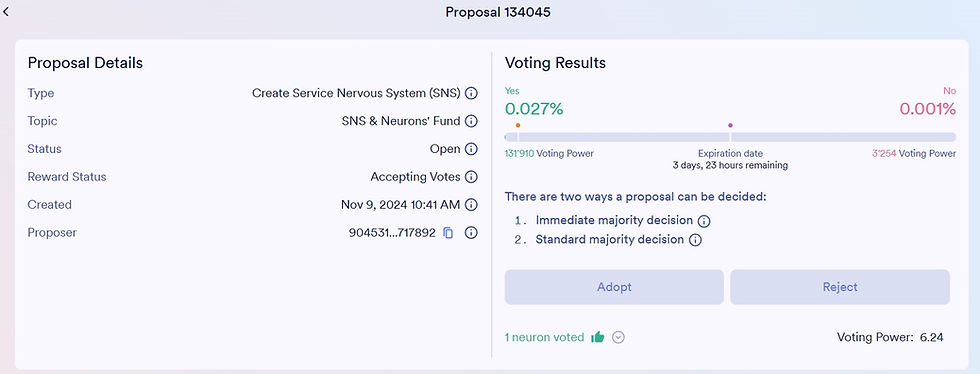Revolutionizing Real Estate: How Blockchain is Transforming the Industry
- May 30, 2024
- 2 min read

Blockchain technology has made significant strides across various industries, and real estate is no exception. Let’s explore how this revolutionary technology is reshaping the way we buy, sell, and manage properties.
1. Platforms and Marketplaces
Traditionally, real estate technology focused on listings and connecting buyers with sellers. However, blockchain introduces new ways to trade real estate. Platforms like ATLANT leverage blockchain technology to facilitate real estate and rental property transactions. By tokenizing real property, assets can be traded much like stocks on an exchange, and transactions can be conducted online. Sellers can tokenize their assets, similar to a stock sale, and liquidate the property through a token sale on the platform. Buyers then own a percentage stake in the property.
2. No Intermediaries
Brokers, lawyers, and banks have long played essential roles in real estate transactions. However, blockchain may soon shift their participation. New platforms can handle functions such as listings, payments, and legal documentation, reducing the need for intermediaries. This streamlines the process, saving buyers and sellers money by cutting out commissions and fees charged by middlemen.
3. Fractional Ownership
Blockchain enables fractional ownership of real estate. Instead of purchasing an entire property, investors can buy fractional shares. These shares are represented as tokens on the blockchain, allowing more people to invest in high-value properties. Fractional ownership democratizes real estate investment and increases liquidity in the market.
4. Transparency and Trust
Blockchain’s decentralized and transparent nature enhances trust in real estate transactions. Every step of the process is recorded on an immutable ledger, reducing fraud and ensuring transparency. Buyers and sellers can verify property ownership, history, and legal documents easily. Smart contracts automate processes, ensuring that conditions are met before funds are released3.
5. Efficiency and Speed
Blockchain streamlines administrative tasks, making transactions faster and more efficient. Smart contracts automatically execute when predefined conditions are met, eliminating paperwork and manual processes. Additionally, cross-border transactions become smoother, as blockchain transcends geographical boundaries4.
6. Property Tokenization
Tokenizing real estate assets allows for fractional ownership, liquidity, and easier transferability. Investors can diversify their portfolios by holding tokens representing different properties. This innovation opens up real estate investment to a broader audience, including small investors who couldn’t afford entire properties.
In summary, blockchain technology is revolutionizing the real estate sector by offering transparency, efficiency, and new ways to trade property. As adoption continues, we can expect further innovations that transform the industry for the better. Whether you’re a buyer, seller, or investor, keeping an eye on blockchain developments in real estate is essential for staying ahead in this dynamic market.
Remember, the future of real estate lies in the blockchain! 🏠🔗




Comments